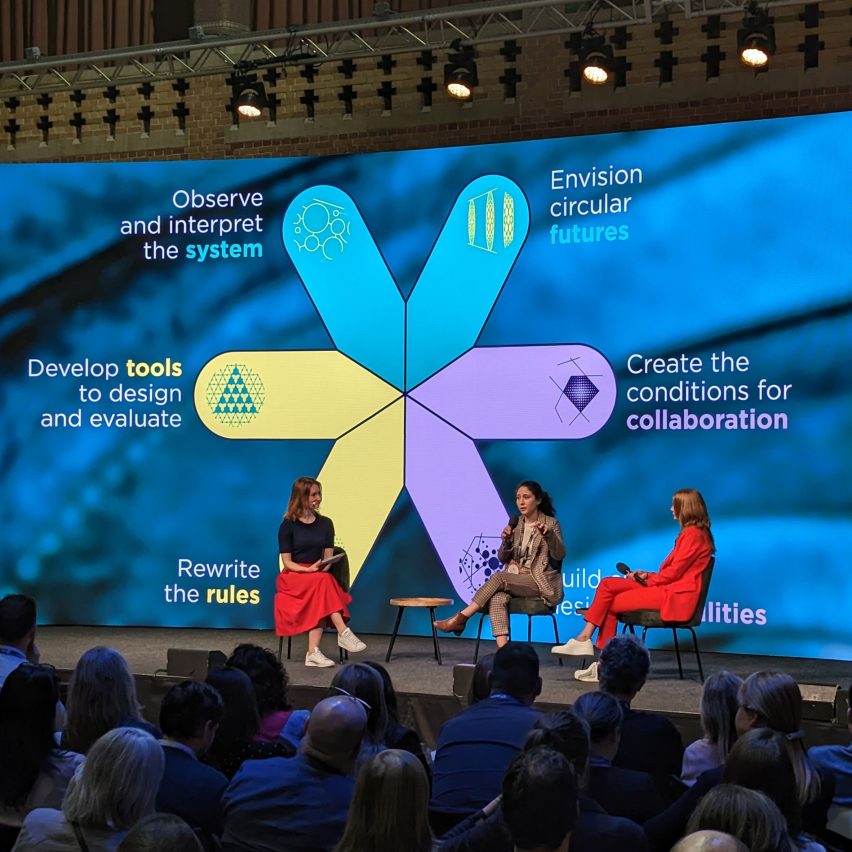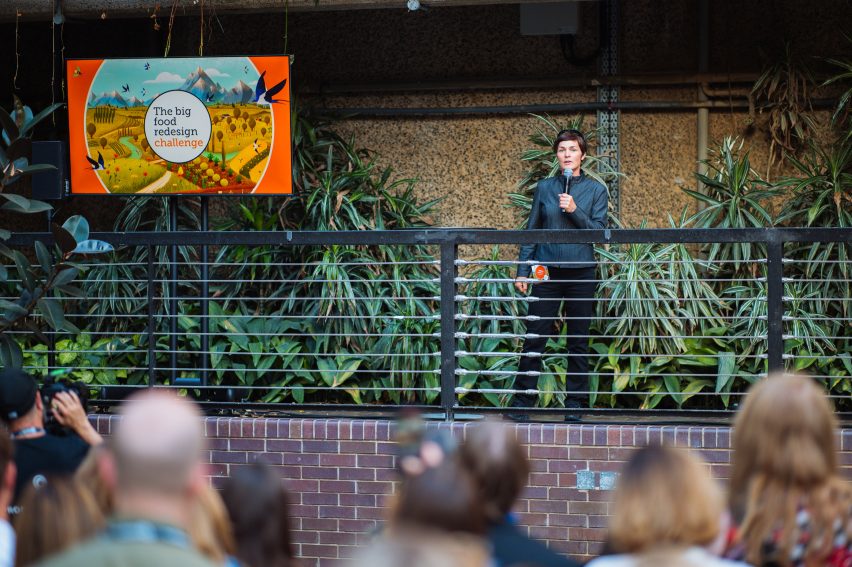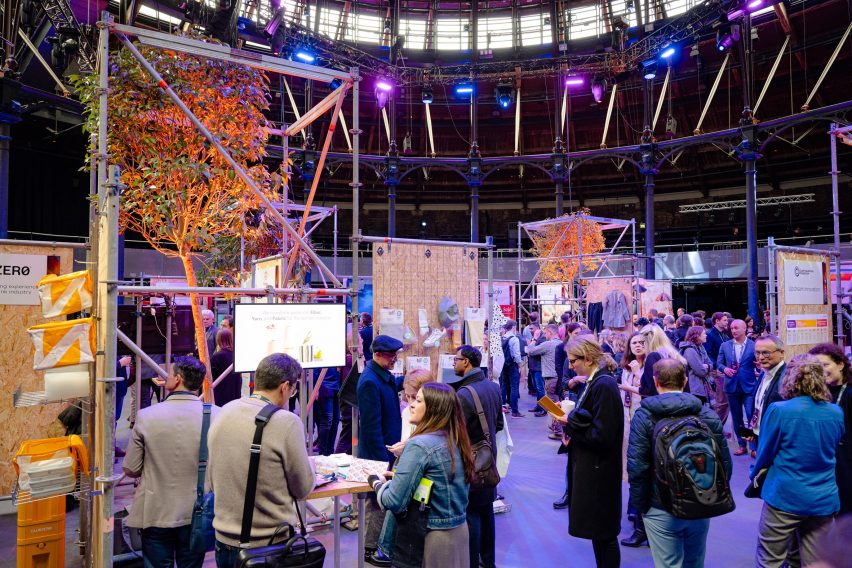
Ellen MacArthur Foundation launches its first circular design strategy
Promotion: Ellen MacArthur Foundation has launched its first circular design strategy that states that in order for circular economy ambitions to be met "organisations need to leverage design systemically".
Titled From ambition to action: an adaptive strategy for circular design, the foundation's strategy demonstrates how companies can leverage design to move away from a take-make-waste linear model towards a circular economy.
Defined by the principles of eliminating waste, circulating materials and regenerating nature, the circular economy proposes a new framework to move towards a system that is good for business, people and the environment.

The strategy is built around six focus areas referred to as design leverage points that the foundation say "create an organisational environment for circular transformation".
These include observe and interpret the system; envision circular futures; create the conditions for collaboration; build circular design capabilities; rewrite the rules; and develop tools to design and evaluate.
Each point is supported by case studies to illustrate the different system levels at which they can be applied.

One example includes a collaborative project called The Jeans Redesign, which brought together more than 100 brands, manufacturers and fabric mills across the fashion industry to follow a consistent set of guidelines to make jeans using circular economy principles.
Another example includes a global change management programme set up by engineering and architectural practice Arup with the purpose of embedding a circular economy in its organisation.
The adaptive strategy is designed as a starting point for change and can be contextualised and customised for each scenario.
"This work provides a set of complementary and interlinked strategies for those leading circular design efforts including, but not limited to, chief design officers, heads of design and innovation and strategy, systems or business designers with multidisciplinary teams," the Ellen MacArthur Foundation said in a statement. "As more organisations embark on a circular economy transition, diverse pathways are coming to light on how to move from ambition to action."
"The knowledge shared here helps deepen the understanding of the topic and what it takes for organisations to leverage design for circular and regenerative outcomes."

Built upon the urgent need to redesign our extractive economy, the Ellen MacArthur Foundation was founded in 2009 by British former round-the-world sailor Dame Ellen MacArthur, in order to help the global economy shift towards a circular economy.
In a recent opinion piece for Dezeen, Dame Ellen MacArthur argued that designers and brands must go beyond recycling and focus on making bigger, systems-level changes to help the world move to a circular economy and ultimately reach its net-zero goals.
To find out more about the Ellen MacArthur Foundation, visit its website.
Partnership content
This article was written by Dezeen for the Ellen MacArthur Foundation as part of a partnership. Find out more about Dezeen partnership content here.